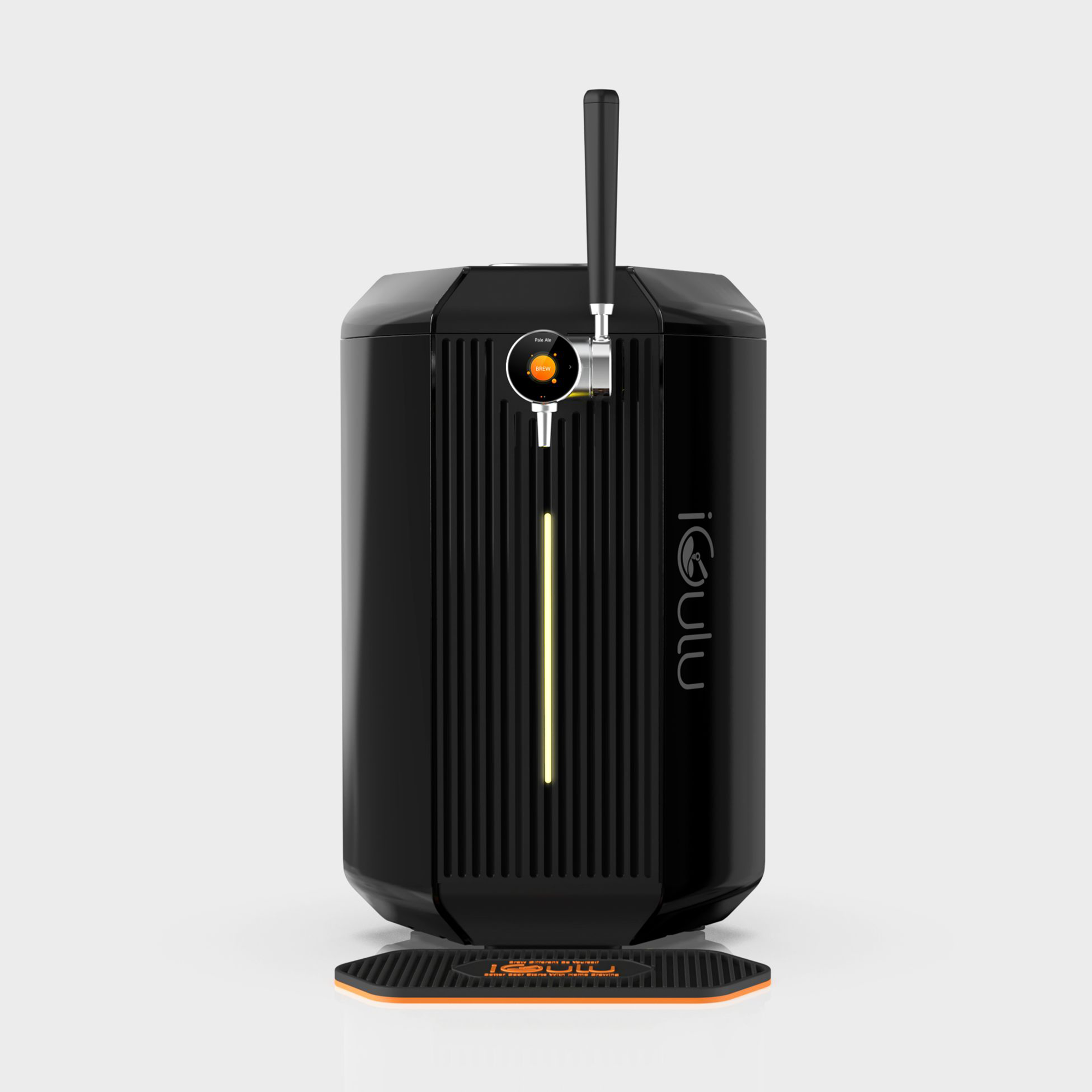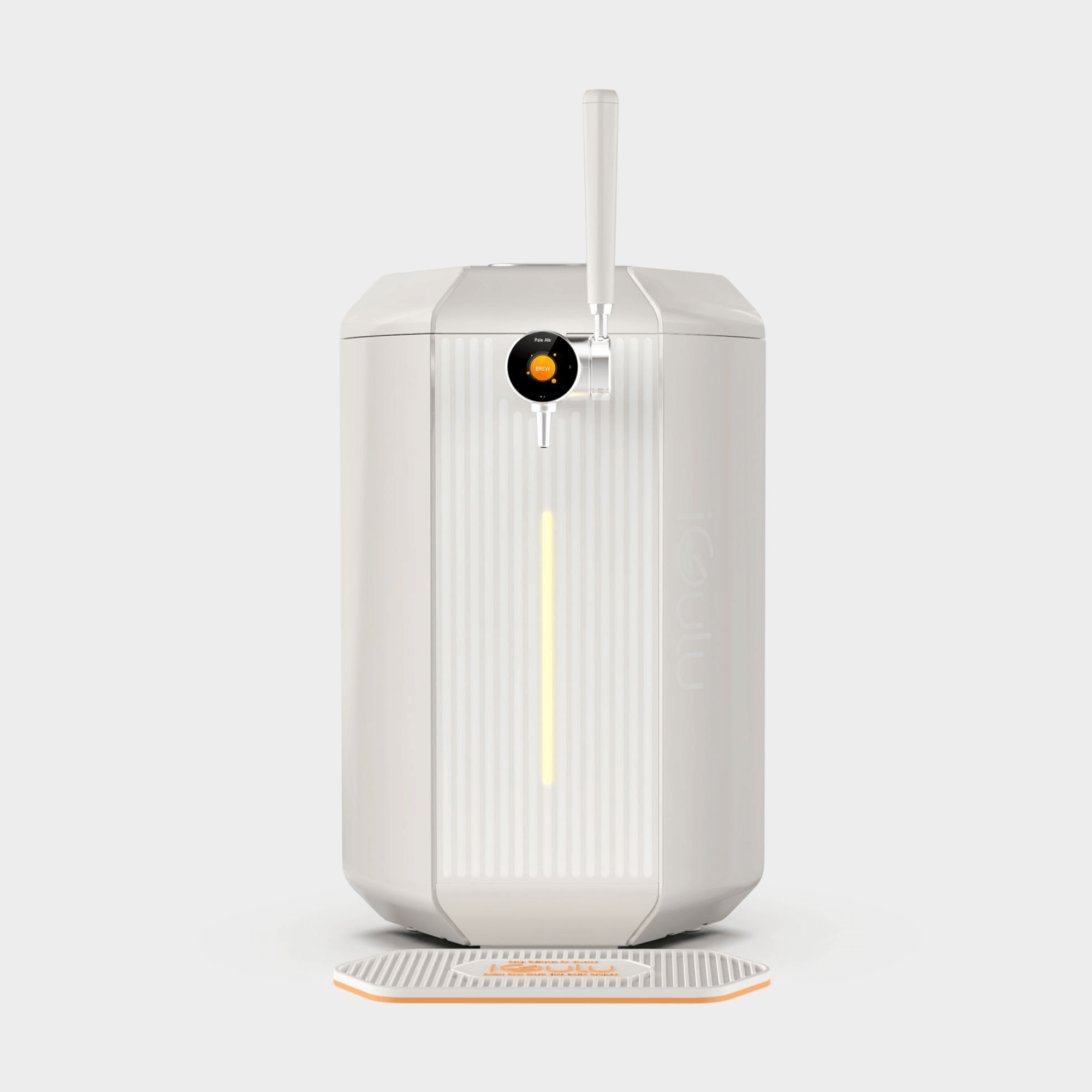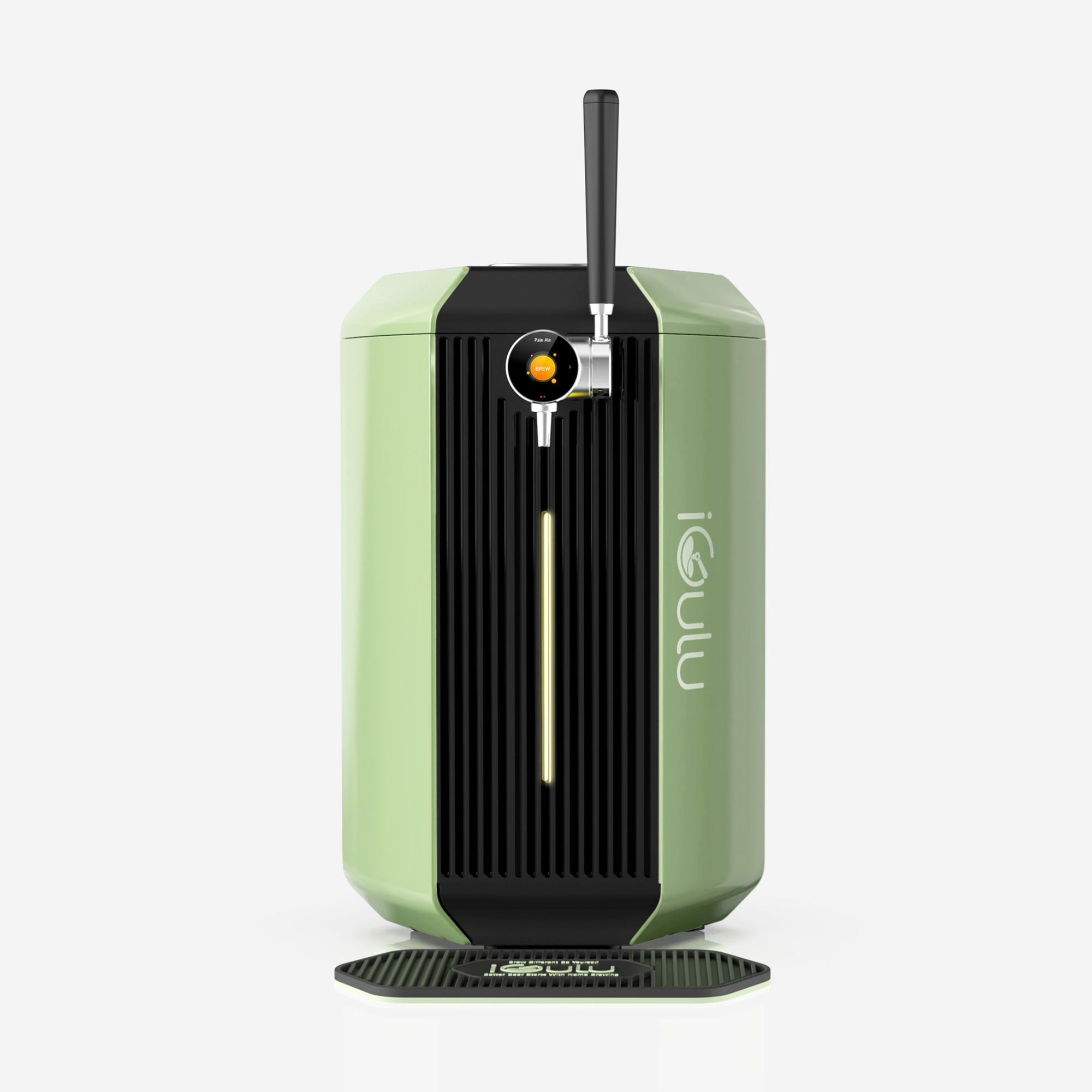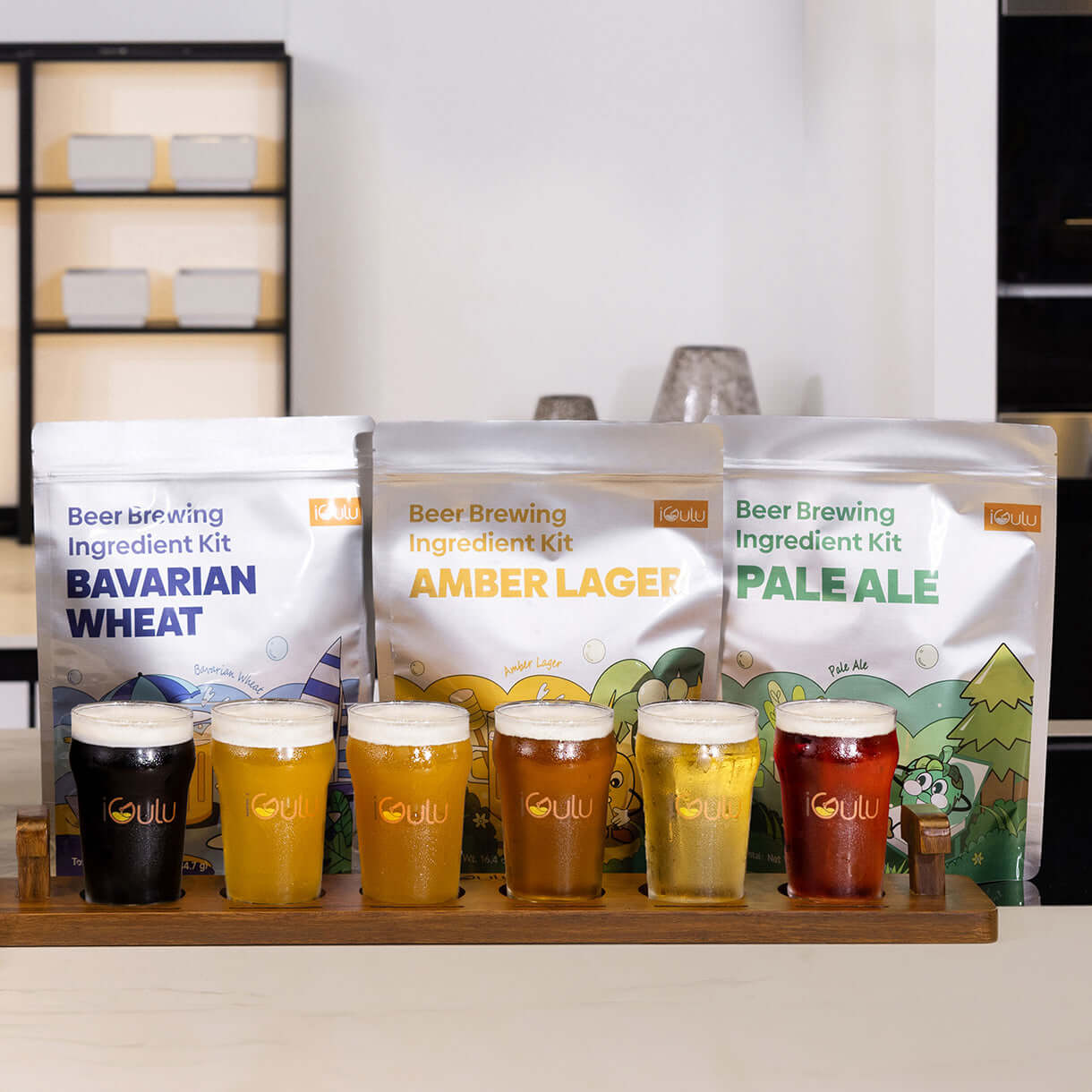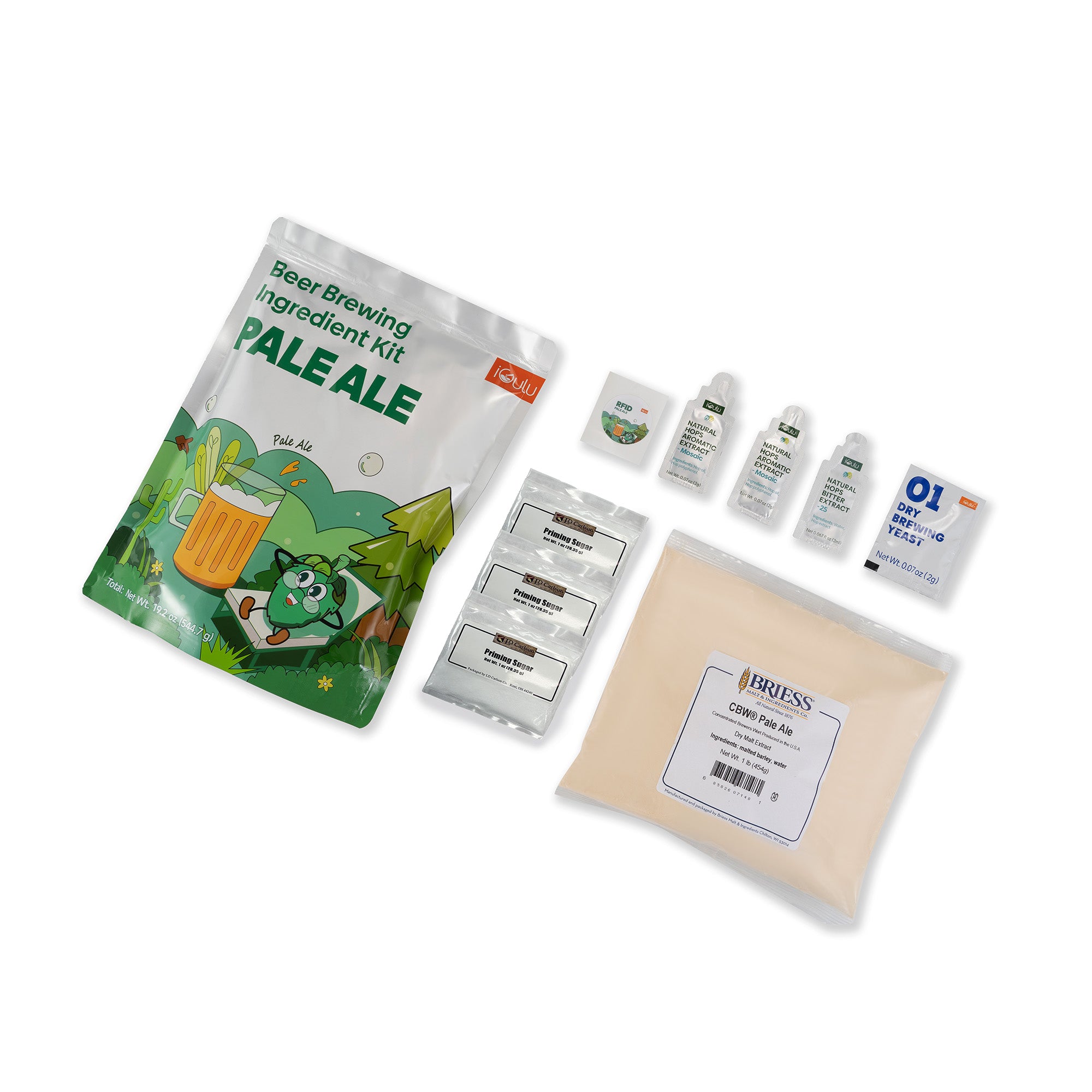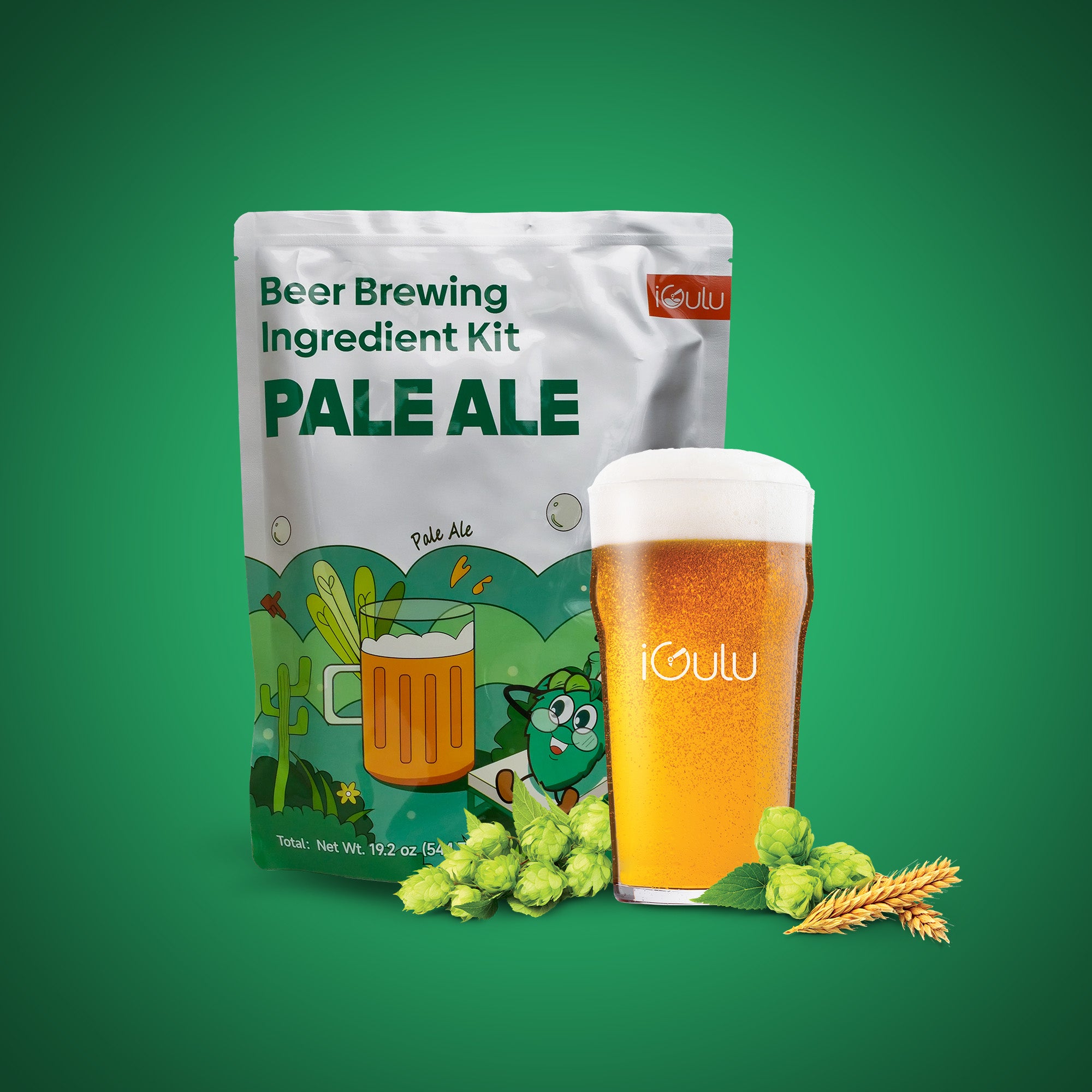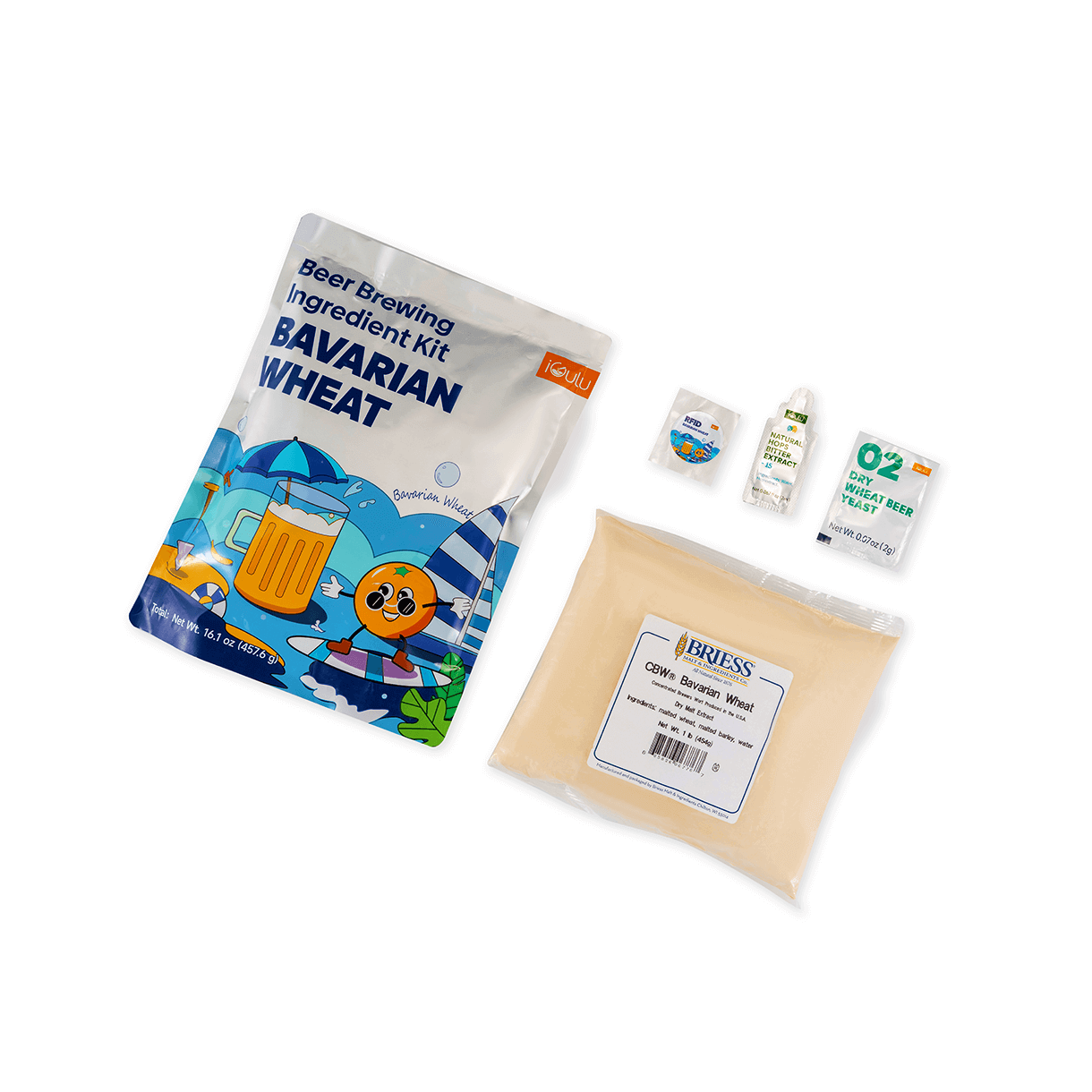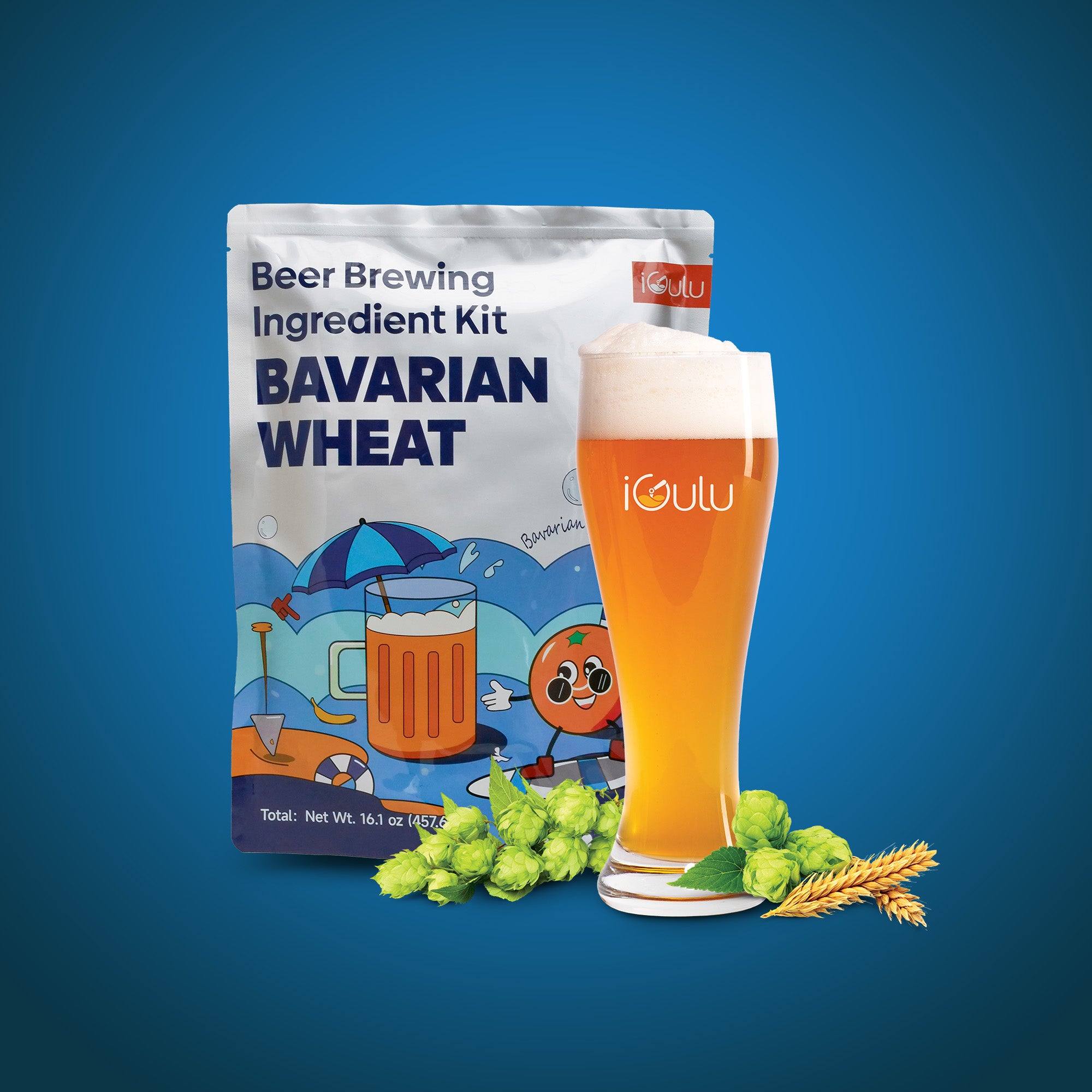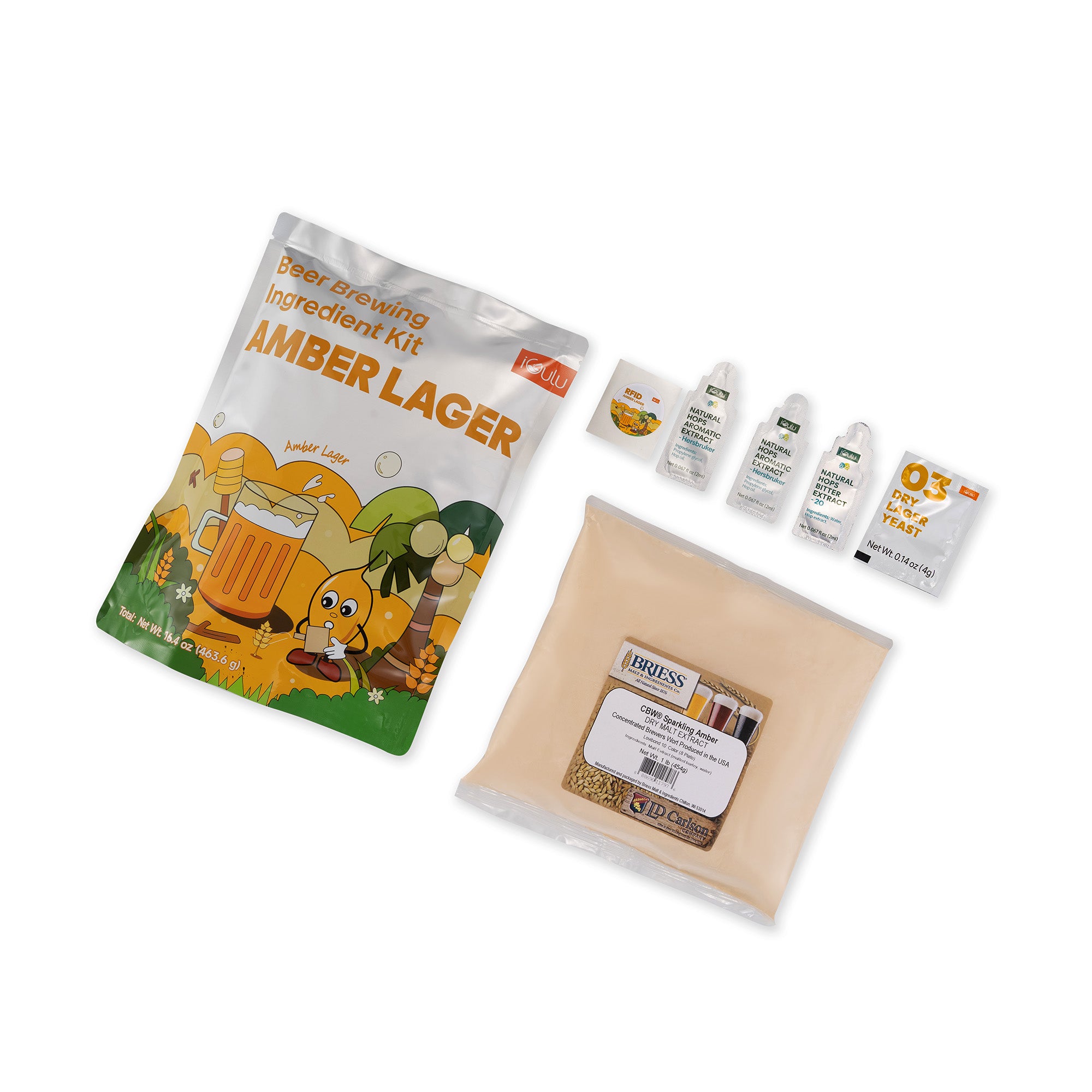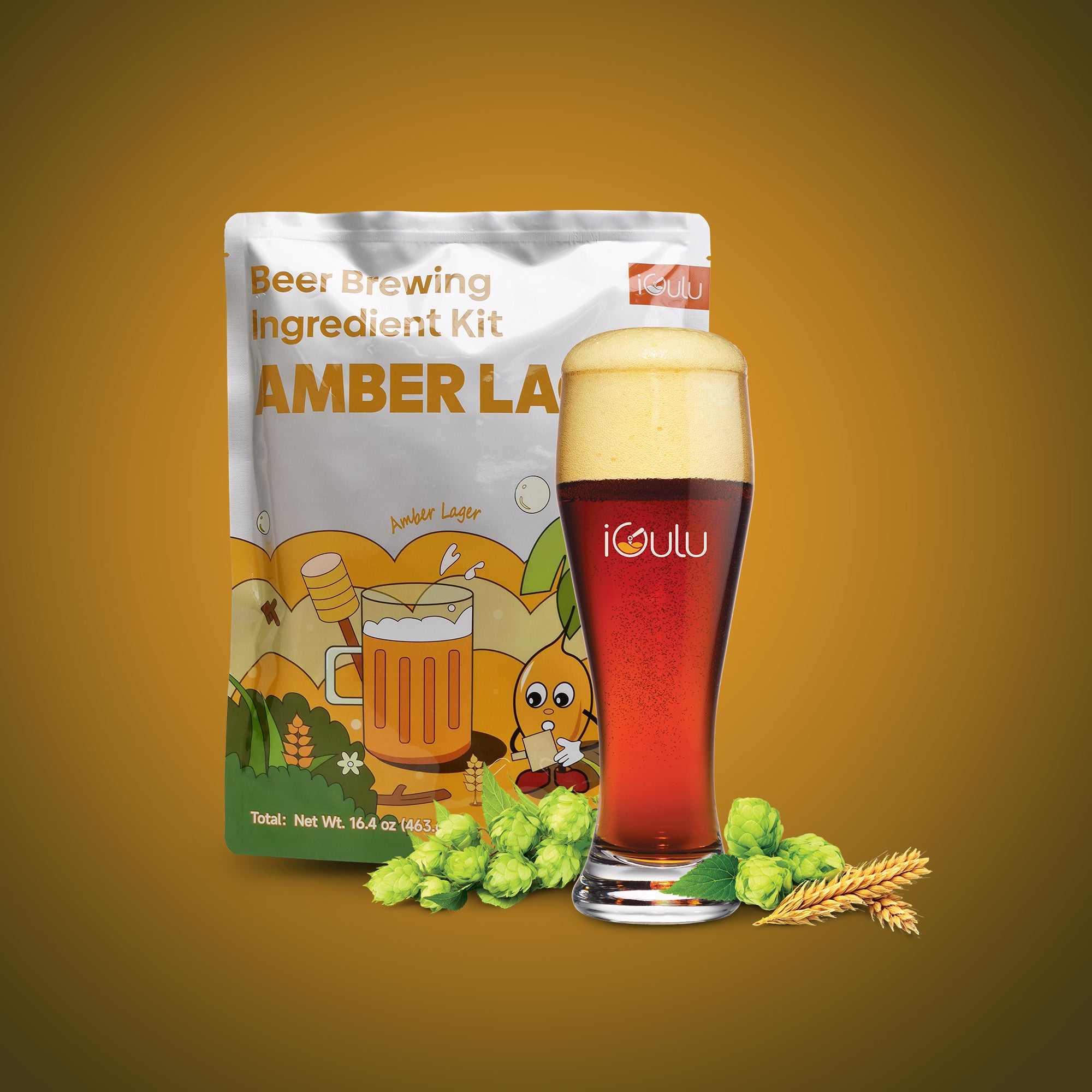As passionate homebrewers, we’ve come to learn that there are a few key differences between Dry Malt Extract (DME) and Liquid Malt Extract (LME) when it comes to brewing beer. For beginners, this can be a bit overwhelming and confusing, but fear not! We’re here to break it down for you and help you understand the differences between these two important ingredients in the brewing process.
So first things first, what exactly are DME and LME? In simple terms, they are concentrated forms of malted barley, which is the main source of fermentable sugars in beer. Malt extract is created by mashing malted barley with hot water to create a sugary liquid, and then subsequently dehydrating it into either dry or liquid form for brewers to use. Now that we have a basic understanding, let's dive into the differences between DME and LME.
1. Physical form
The most obvious difference between DME and LME is their physical form. LME is a thick syrup-like liquid, while DME comes in a powder form. This difference in form also affects their storage and handling. LME needs to be kept in a cool place, away from heat and light, to prevent spoilage. DME, on the other hand, can be stored at room temperature without any concerns.
2. Color and flavor
LME and DME can both be found in various types and shades, from light to dark. However, LME tends to have a darker color and a deeper flavor compared to DME. This is because LME is typically made from a combination of base malts and specialty grains, while DME is usually made from just base malt. So, if you're looking for a lighter color and flavor in your beer, DME might be the way to go.
3. Concentration of fermentable sugars
Another important difference between DME and LME is the concentration of fermentable sugars. DME is typically more concentrated, meaning it will have more fermentable sugars per gram compared to LME. This can affect the gravity and alcohol content of your beer, so it's important to take this into consideration when choosing which one to use in your recipe.
4. Price
When it comes to price, there is a slight difference between DME and LME. DME is generally more expensive than LME, mostly due to the extra processing and dehydration involved. However, since DME is more concentrated, you may end up using less of it compared to LME, so the cost may even out in the end.
5. Usage
Lastly, DME and LME have different usage techniques in the brewing process. LME is easy to use, as it can simply be poured into the boil. On the other hand, DME is not as simple, as it can clump together when added to water. To avoid this, it's best to slowly sprinkle DME into the water while stirring continuously.
NOTE: iGulu instructions for DME mention to NOT stir after adding. This is because we’ve accounted for the fact that most users will be new to the homebrewing world. Allowing users to “stir” the DME would open a world of uncontrolled variables, namely introducing unwanted bacteria to the fermentation process.
So now that you know the differences between DME and LME, which one should you use? Ultimately, it comes down to personal preference and the specific beer recipe you're using. Some brewers prefer the convenience of LME, while others prefer the control and customization of using DME. iGulu partnered up with Breiss Malt & Ingredients Co. to provide expertly prepared DME to ensure the best brewing experience for our users. If you want to venture off and try other ingredients outside of Breiss, take the training wheels off with Master Mode unlocked, and you'll be free to explore different types of malt selections and push the boundaries of your creations.
In conclusion, DME and LME may seem similar, but they do have distinct differences that can affect the outcome of your beer. Understanding these differences can help you make informed decisions when it comes to choosing which one to use in your next batch. Happy brewing!

